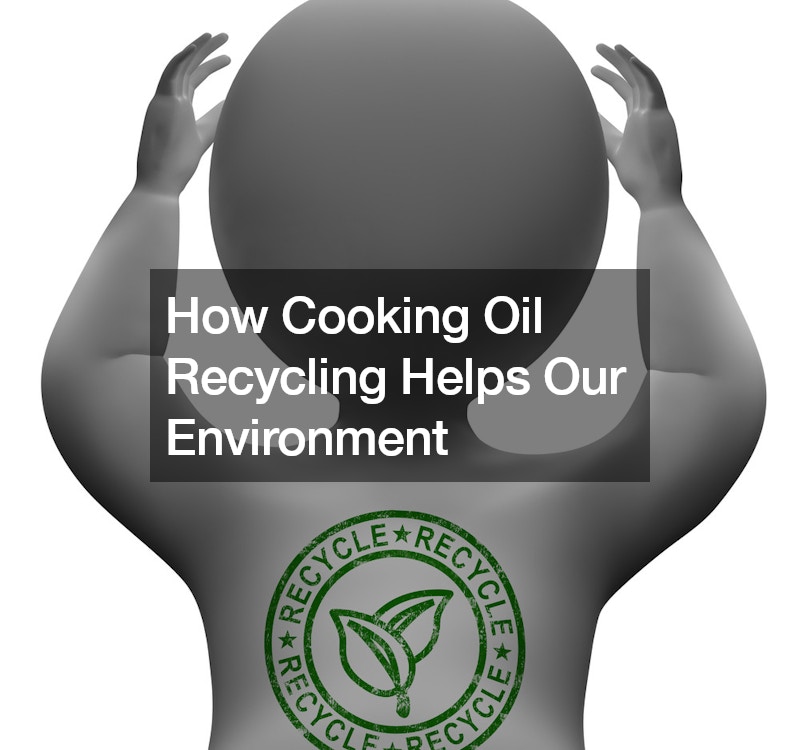
Cooking oil recycling plays a crucial role in safeguarding our environment by mitigating the adverse effects of improper disposal. When cooking oils are discarded down the drain or in landfills, they can contaminate water sources and harm aquatic ecosystems. Cooking oil recycling prevents this environmental damage by providing a sustainable solution for used cooking oils.
Furthermore, it adds to the reduction of greenhouse gas emissions. When cooking oils are disposed of improperly, they can break down and release methane, a potent greenhouse gas, during decomposition. By participating in this recycling program, individuals and businesses actively contribute to minimizing the environmental impact of the decomposition of used cooking oils.
In addition to protecting water quality and mitigating greenhouse gas emissions, it also fosters the creation of valuable resources. Recycled cooking oils can be processed into biodiesel, a renewable energy source that offers a cleaner alternative to traditional fossil fuels. This dual benefit not only reduces the demand for non-renewable energy but also promotes a more sustainable and circular approach to resource management.
Edible oil recycling emerges as a simple yet impactful practice that positively influences our environment. By preventing water pollution, curbing greenhouse gas emissions, and creating renewable resources, individuals and businesses can actively contribute to a healthier and more sustainable planet. Embracing edible oil recycling not only addresses the immediate concern of waste management but also promotes a greener and more environmentally conscious future.
.




